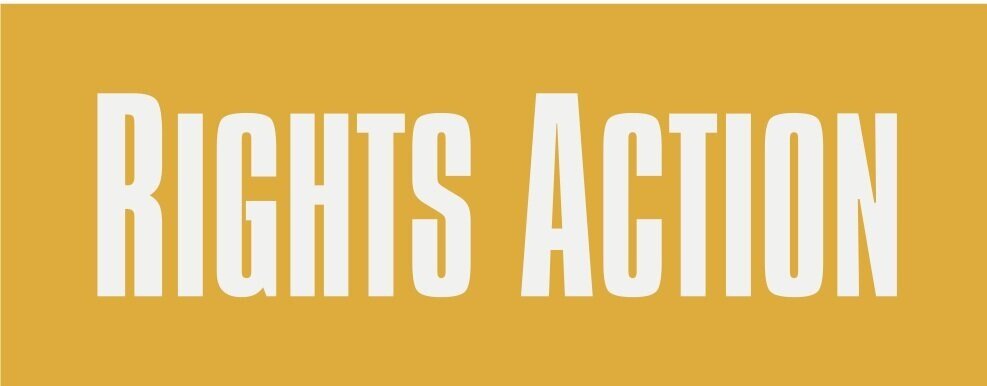Since 2004, Grahame Russell of Rights Action and I have co-facilitated eight field school experiences for our UNBC undergraduate and graduate students (2004, 2006, 2008, 2010 twice, 2012, 2014, 2018). As a geographer, I think of field schools (or delegations) as Geography’s signature pedagogy and defining feature; certainly, a fundamental teaching and learning strategy.
In our UNBC course, Geographies of Culture, Rights and Power, we pursue a highly experiential-based and strongly activist curriculum focused on the twin concepts of violence and development. After a preparatory and intense 8- or 9-day course on campus at UNBC, students participate in a 14-day field school / delegation to Guatemala where Grahame Russell organizes for them to meet with human rights lawyers, team members of the Guatemalan Forensic Anthropology Foundation (FAFG), Indigenous communities who have experienced genocide, Indigenous community members struggling against foreign mining operations on their traditional territories and struggling for community, water, and self-determined development. The participants observe, engage in conversations, discuss their experiences in regular debriefing sessions, and learn to keep field journals of their findings and emotions. Numerous students have indicated this course has been an absolutely life-changing experience.
My teaching and research grow out of my fascination with the connection between place and identity, most especially when those connections are ruptured through violence. Back in 1956, geographer Carl Sauer noted that excursions and field courses are the best apprenticeship; he said that “the mode of locomotion should be slow … often interrupted by leisurely halts to sit on vantage points and stop at question marks.” The question marks for me are all around on a field school or delegation. They call us to stop, listen, open our eyes/minds/hearts and be witnesses in the communities in which we work and learn. In our witnessing, we often have to be open to ‘unlearn’ ideas and concepts such as ‘development’ in order to truly be open to see and be transformed. We ask students to ‘learn geography through the soles of our feet,’ get out in the world, and enrich their university experience through experiential learning. My partnership with Grahame Russell of Rights Action for these field schools / delegations makes all of this possible.


